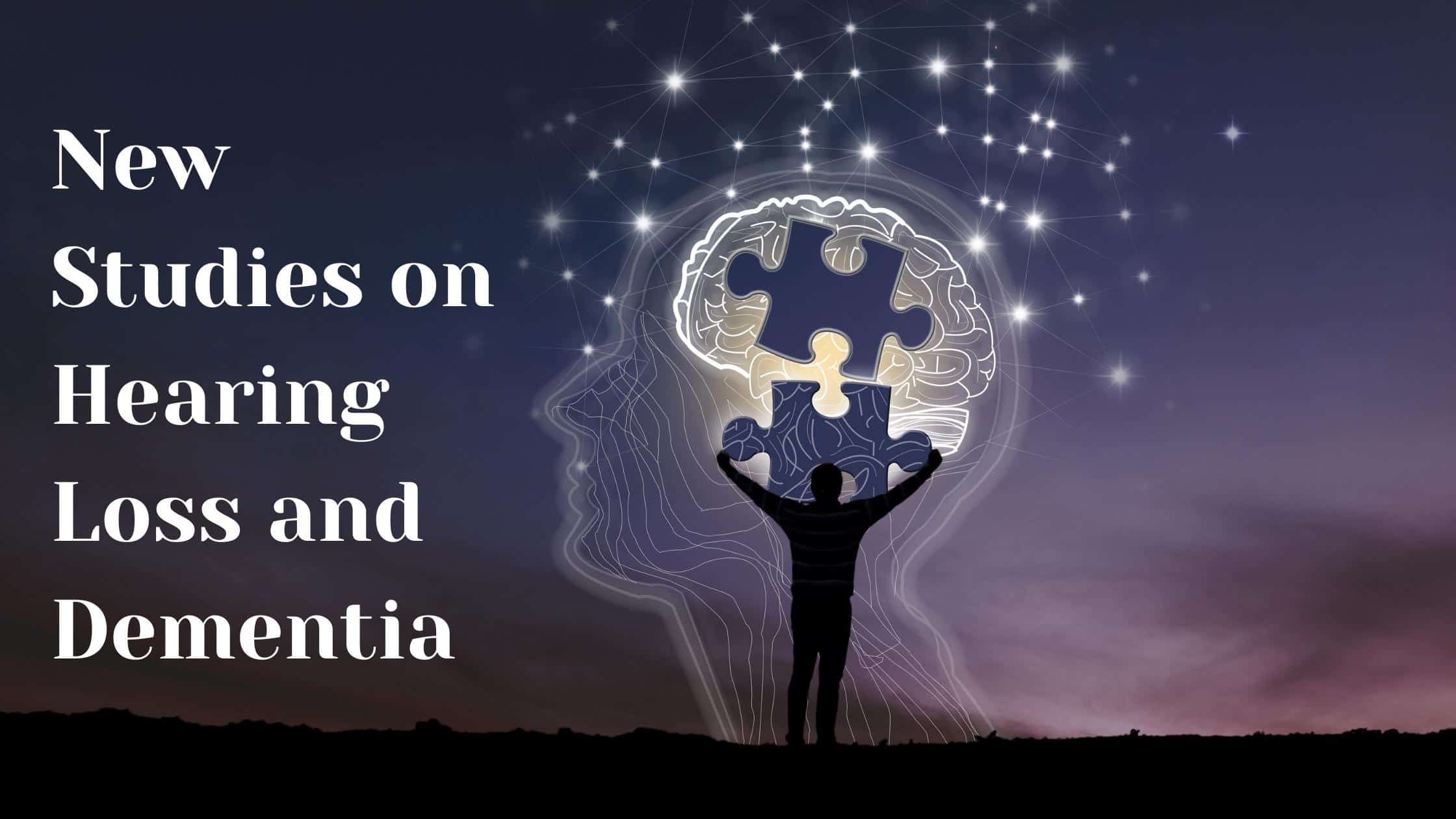
- Tips for Veterans Dealing With Hearing Loss - April 25, 2024
- How to Properly Clean Your Hearing Aids - April 15, 2024
- How to Handle Ear Infections With Hearing Aids - April 5, 2024
Are you getting older and becoming concerned about your memory. After the age of 65, the risk for hearing loss rises significantly. The Centers for Disease Control and Prevention (CDC) reports that “Of those at least 65 years of age, there is an estimated 5.0 million adults with dementia in 2014 and projected to be nearly 14 million by 2060.”
As we age, our brains do too. Connections between cells in the brain become damaged over a lifetime and some cells are lost. This is often referred to as brain atrophy, shrinkage, or simply cognitive decline. It’s important to pay attention to cognitive health. Many aspects can prevent cognitive decline including a healthy diet rich in vegetables, regular exercise, social engagement, and constant learning. Another important aspect of cognitive health is diagnosing and addressing hearing loss.
Understanding How Dementia Affects Hearing
Dementia is a group of neurodegenerative diseases that usually affects two or more cognitive functioning such as memory, ability to follow processes, or completing daily tasks. While dementia is common starting at 65 it is not a guaranteed part of aging. Healthy hearing not only protects from cognitive decline but can have serious effects if and when dementia develops.
There have been numerous studies linking untreated hearing loss, and dementia. What all of these studies have in common is that when hearing loss is unaddressed it shows a significantly higher risk of developing cognitive decline leading to dementia. What is left unanswered is if hearing loss causes dementia or vice versa.
Treating Hearing Loss
The most common type of hearing loss is sensorineural, occurring when cell damage inhibits sound from reaching the brain. Sensorineural hearing loss is permanent, however, it is not untreatable. Sensorineural hearing loss is most often treated using hearing aids. These tiny devices are programmed to amplify the specific sounds you struggle with based on your hearing exam. They allow you to connect to people around you, participate in conversation, stay more alert of your surrounding and keep up with an active social life.
Hearing Loss can Mimic Cognitive Decline
Hearing loss is equally more common after the age of 65 as one in three people suffer. This number continues to rise as we age, affecting half of all adults over 75. Hearing loss when undiagnosed can easily be misinterpreted as confusion and disconnection during conversation. This often gets misread as dementia when issues hearing speech is the issue. Don’t assume you’re suffering from dementia, just because you are having trouble understanding speech, or finding it exhausting to have simple conversations. Because the two conditions share similarities, it’s important to begin annual checkups once you reach 65.
Wearing Hearing Aids to Prevent Cognitive Decline
If you have been diagnosed with hearing loss, it’s important to understand that the risk from dementia is increased. Even for those with a mild case of hearing loss, the risk is doubled, but for those who have moderate hearing loss, the risk is tripled. Committing to life using hearing aids daily is a major step toward protecting your brain health and preventing decline.
Studying Changes in the Brain
Studies observe that hearing loss does contribute to brain atrophy. In a study led by Jonathan Peelle, now at Washington University in St. Louis, older adults underwent brain scans while they listened to sentences of varying complexity. The brain scans were also searching and quantifying gray matter within the brain. Gray matter in the brain contributes to muscle control, and sensory perception such as seeing and hearing, memory, emotions, speech, decision making, and self-control. Based on the research, Peelle and the team were able to confirm that on average, brain cells in people with hearing loss were less active when they focused on complex sentences, as well as experiencing less gray matter in the auditory areas. In addition, Peelle discovered that those past 65 with hearing loss scored lower in speech comprehension tasks than younger adults with hearing loss.
Addressing Hearing Loss
For individuals living with dementia, hearing loss should never be ignored. Similarly addressing hearing loss could lower the risk of dementia in the future, keeping you crisp and clear into your golden years. Schedule a hearing exam with us today.
